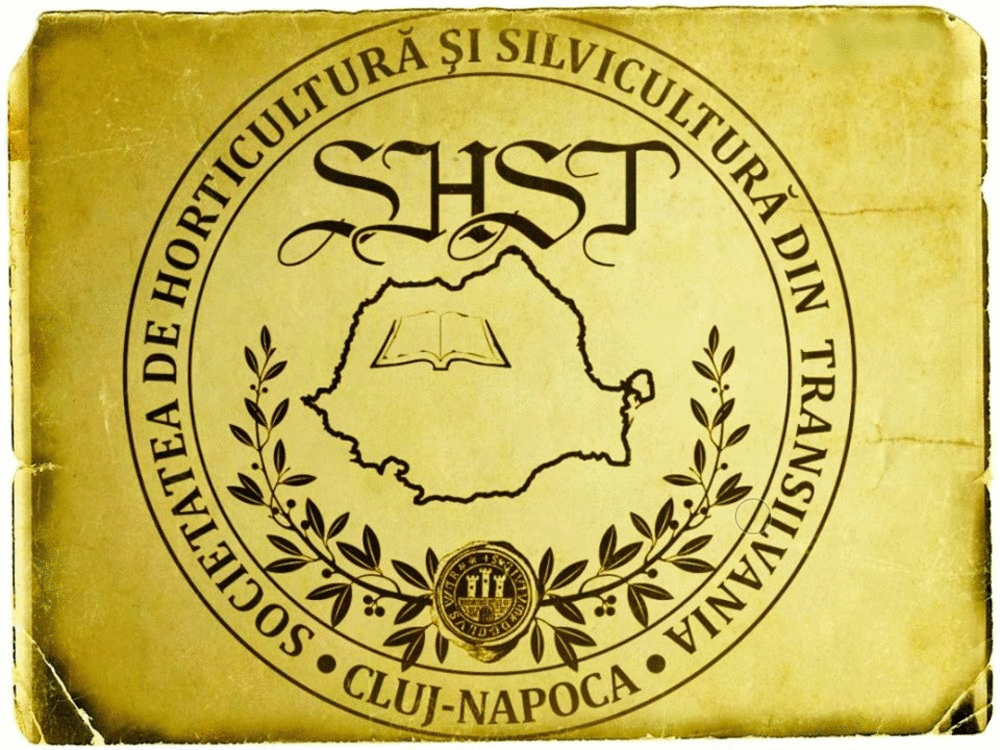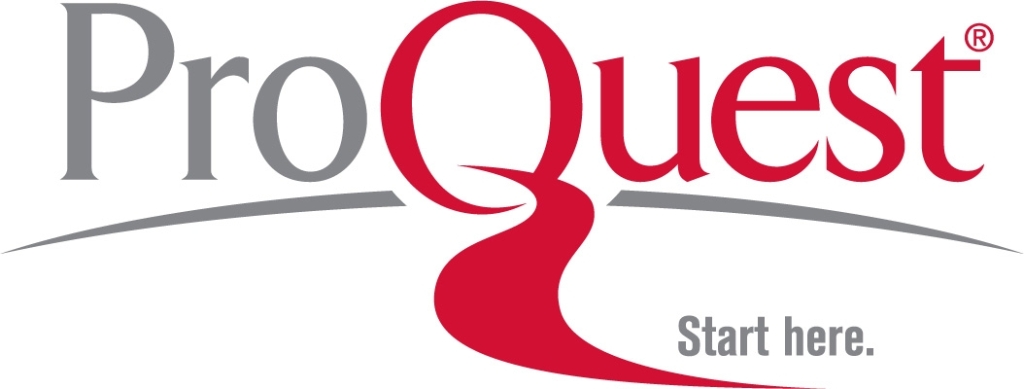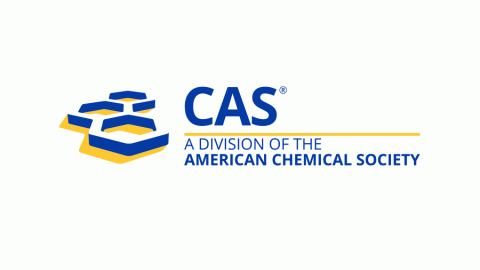Anti-Inflammatory Effect of Allium ursinum
DOI:
https://doi.org/10.15835/nsb619252Keywords:
Allium ursinum; antioxidant; inflammation; phagocytosis; nitric oxide; oxidative stressAbstract
The aim of the present study was to evaluate Allium ursinum leaves and flowers extract anti-inflammatory effect. Plant extract 1:1 (w:v) was prepared from A. ursinum leaves by a modified Squibb repercolation method. The in vivo anti-inflammatory effects were evaluated on a rat turpentine oil-induced inflammation (i.m. 6 mL/kg BW). The animals were randomly assigned to nine groups (n=8): negative control, inflammation, A. ursinum flower extract (AUF), A. ursinum leaves extract (AUL), indomethacin (INDO) (20 mg/kg BW), aminoguanidine (AG) (50 mg/kg b.w./d i.p.) as a selective NOS2 inhibitor, NG-nitro L-arginine methyl ester (NAME) (5 mg/kg b.w./d i.p.) as a nonselective NOS inhibitor, L-arginine (ARG) (100 mg/kg b.w./d i.p.), NO synthesis substrate, and Trolox (20 mg/kg b.w./d i.p) as an antioxidant. At 24h from inflammation induction total oxidative status (TOS), oxidative stress index (OSI), nitric oxide (NOx) and in vitro phagocytosis test were reduced and the total antioxidative reactivity (TAR) was increased by the testes plant extracts. AUF had a better inhibitory effect than AUL. In conclusion, we provided evidence for the hypothesis that A. ursinum leaves and flowers extract exerts anti-inflammatory activity by inhibiting the phagocytosis through the reduction of the nitro-oxidative stress.
Metrics
Downloads
Published
How to Cite
Issue
Section
License
Papers published in Notulae Scientia Biologicae are Open-Access, distributed under the terms and conditions of the Creative Commons Attribution License.
© Articles by the authors; licensee SMTCT, Cluj-Napoca, Romania. The journal allows the author(s) to hold the copyright/to retain publishing rights without restriction.
License:
Open Access Journal - the journal offers free, immediate, and unrestricted access to peer-reviewed research and scholarly work, due SMTCT supports to increase the visibility, accessibility and reputation of the researchers, regardless of geography and their budgets. Users are allowed to read, download, copy, distribute, print, search, or link to the full texts of the articles, or use them for any other lawful purpose, without asking prior permission from the publisher or the author.













.png)















